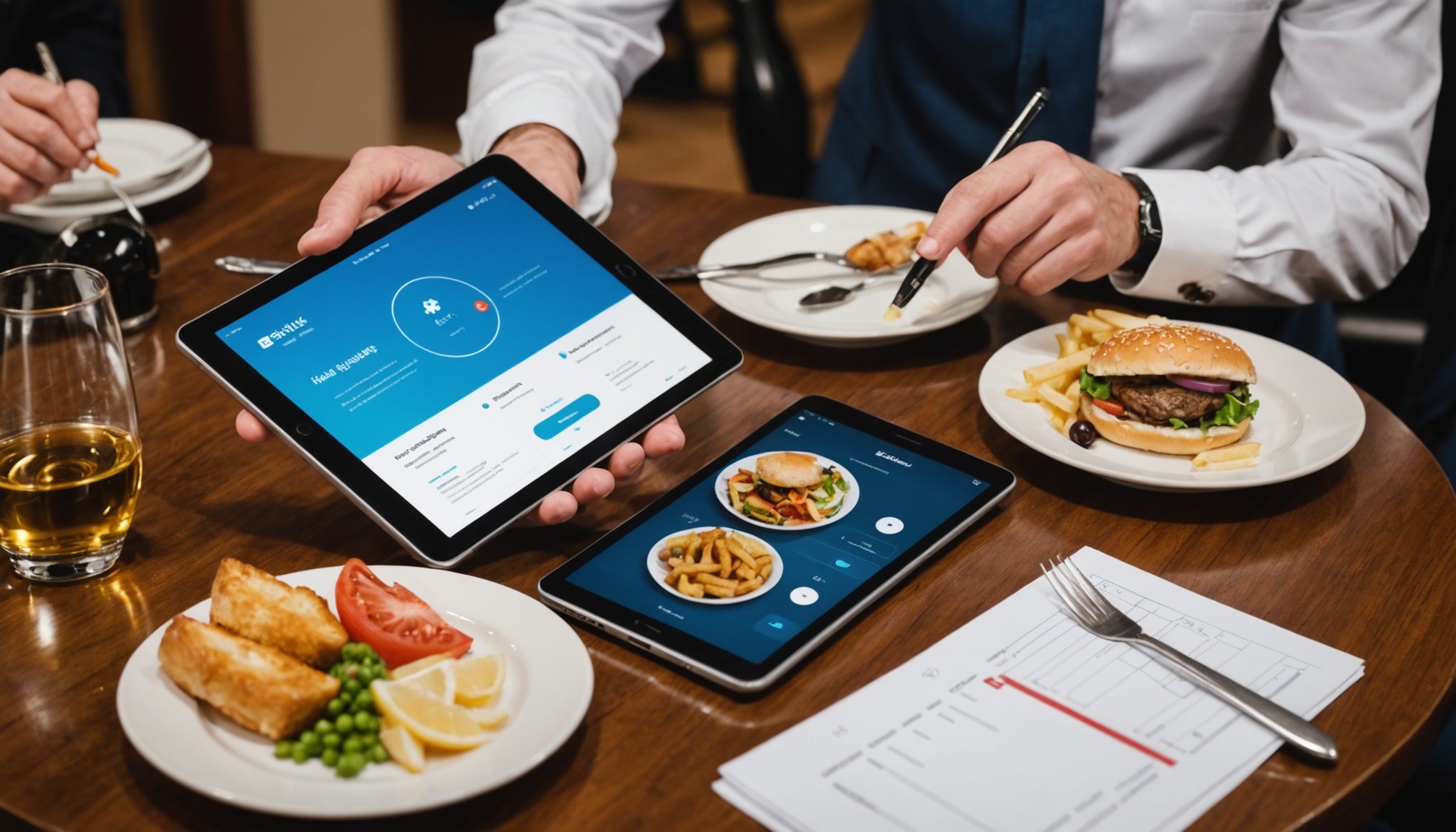Innovative Tactics to Foster Customer Loyalty
In the hospitality industry, fostering customer loyalty is vital for sustained success. Employing innovative tactics can make a significant difference. Personalised marketing strategies take flight when businesses utilise customer data to custom-tailor promotions that resonate with individual preferences. This approach amplifies the probability of returning customers by providing them with value they truly appreciate. Successful examples in the industry include hotels offering unique discounts based on past stays or preferences.
Personalized Marketing Strategies
Leveraging customer data enables hospitality businesses to craft tailored promotions. By doing so, businesses connect on a deeper level with guests, making interactions more meaningful. CRM systems play a pivotal role in enhancing these relationships, as they store valuable insights that can be transformed into personalised experiences. For instance, through CRM systems, a hotel might identify a guest’s penchant for spa treatments and offer exclusive packages, effectively boosting loyalty.
In parallel : Boosting visibility: digital marketing strategies for small uk businesses
Loyalty Programs Enhanced by Data Analytics
Designing loyalty programs backed by data insights shifts the focus from generic to specific, customer-informed offerings. They can hone in on what guests truly value, fostering genuine engagement. Case studies in UK hotels have demonstrated notable success rates by employing such data-driven approaches. Tracking the success of these initiatives through data analytics ensures continuous improvement and refinement, making loyalty programs even more effective over time.
Understanding Data Insights in UK Hospitality
In the UK hospitality industry, the role of data insights is becoming increasingly pivotal. By effectively utilising these insights, businesses can refine their customer loyalty strategies and create a competitive edge. But what exactly are data insights, and why are they so important? Simply put, data insights are actionable pieces of information derived from the analysis of raw data. They help businesses understand trends and predict future behaviours, enabling them to make informed decisions.
Have you seen this : Revolutionizing uk product development: harnessing digital twins for innovative breakthroughs
Current trends in the industry indicate a shift towards more data-centric operations. Hospitality businesses are harnessing tools and technologies to gather wide-ranging data, including customer preferences and spending habits. This information is then processed to craft personalised experiences that elevate customer satisfaction.
The impact of data analytics on the customer experience cannot be overstated. By using data, businesses can anticipate guest needs even before they articulate them, ensuring a seamless and personalised service. Innovators in the UK hospitality sector are leveraging these insights to offer tailored services, thus enhancing the overall guest experience and boosting loyalty. By understanding and applying data insights, businesses effectively position themselves to meet evolving customer demands.
Tools and Technologies Driving Data Insights
In the ever-evolving hospitality industry, integrating advanced tools and technologies is pivotal to harnessing data analytics for enhanced customer experiences and loyalty. Multiple platforms now enable businesses to analyse intricate data sets, revealing actionable insights that were previously overlooked.
Overview of the Latest Tools
Today’s market offers a plethora of data analytics tools tailored for hospitality needs. Popular platforms, such as Tableau and Power BI, allow for comprehensive data visualisation, making it easier for businesses to decipher complex information at a glance. These tools foster informed decision-making by processing and presenting data in intuitive formats.
Comparison of Popular Platforms
Platforms like SAS and Looker each bring unique features to the table. For instance, SAS excels in advanced analytics and predictive capability, while Looker’s integration with Google Cloud offers seamless data management. Understanding the strengths of various platforms aids businesses in choosing the best fit for their needs.
Importance of Integration
Integrating these technologies isn’t just about data gathering but also enhancing customer service. By linking data analytics tools with customer interaction platforms, businesses can create a seamless experience that anticipates guest needs, ultimately fostering greater loyalty. Technology, when aligned with human-driven service, becomes a potent tool for business growth.
Challenges in Implementing Data Insights
Data insights are transforming the hospitality sector, yet their implementation poses significant challenges. An essential difficulty is data privacy and compliance. With regulations like GDPR, businesses must navigate complex legal landscapes to collect and use data responsibly. These laws require transparency in data handling to safeguard customer information and maintain trust.
Data Privacy and Compliance Issues
Understanding GDPR is fundamental for hospitality data collection. Ensuring compliance involves rigorous strategies to protect customer data, such as adopting secure storage solutions and conducting regular audits. Balancing the demand for personalised services with privacy concerns necessitates careful planning. Safeguarding privacy builds consumer confidence, fostering long-term loyalty while nurturing robust customer relationships.
Staff Training and Adaptation
Another challenge is staff training. Employees must be proficient in leveraging data insights for effective decision-making. Training programs focusing on data literacy can bridge knowledge gaps, enabling staff to utilise data effectively. Case studies show that when teams embrace data tools, productivity improves. Overcoming resistance to new technologies requires ongoing support and communication, ensuring staff confidence in using data-driven strategies.
Continuous Improvement and Adaptation
Remaining responsive to industry trends and feedback is vital. Consistent evaluation of data strategies encourages iterative improvements. By maintaining agile practices, the hospitality sector can adapt seamlessly, ensuring long-term success in a dynamic, data-centric environment.











